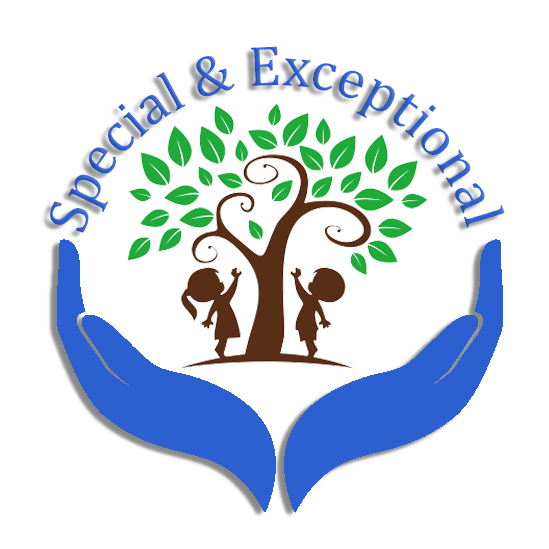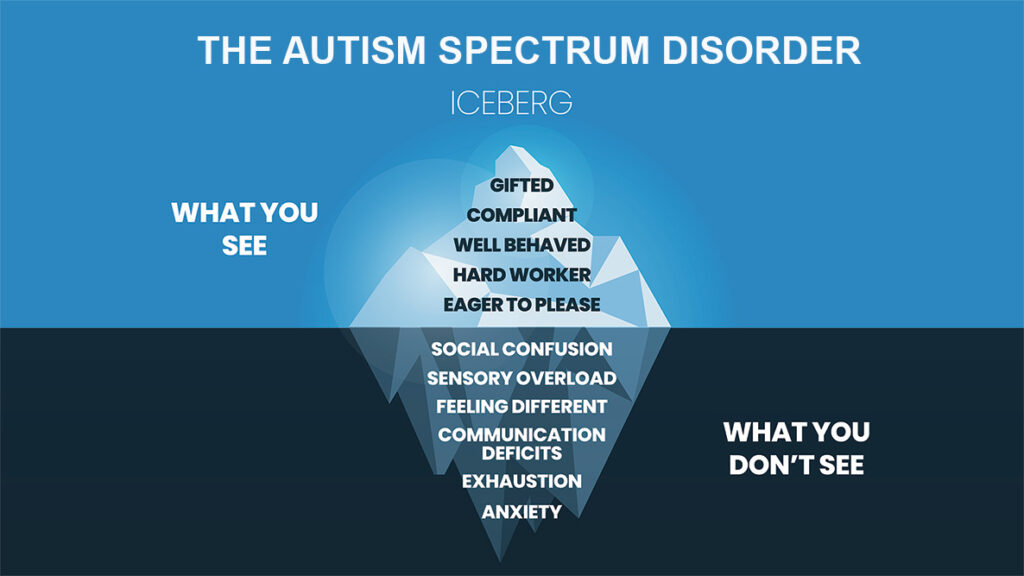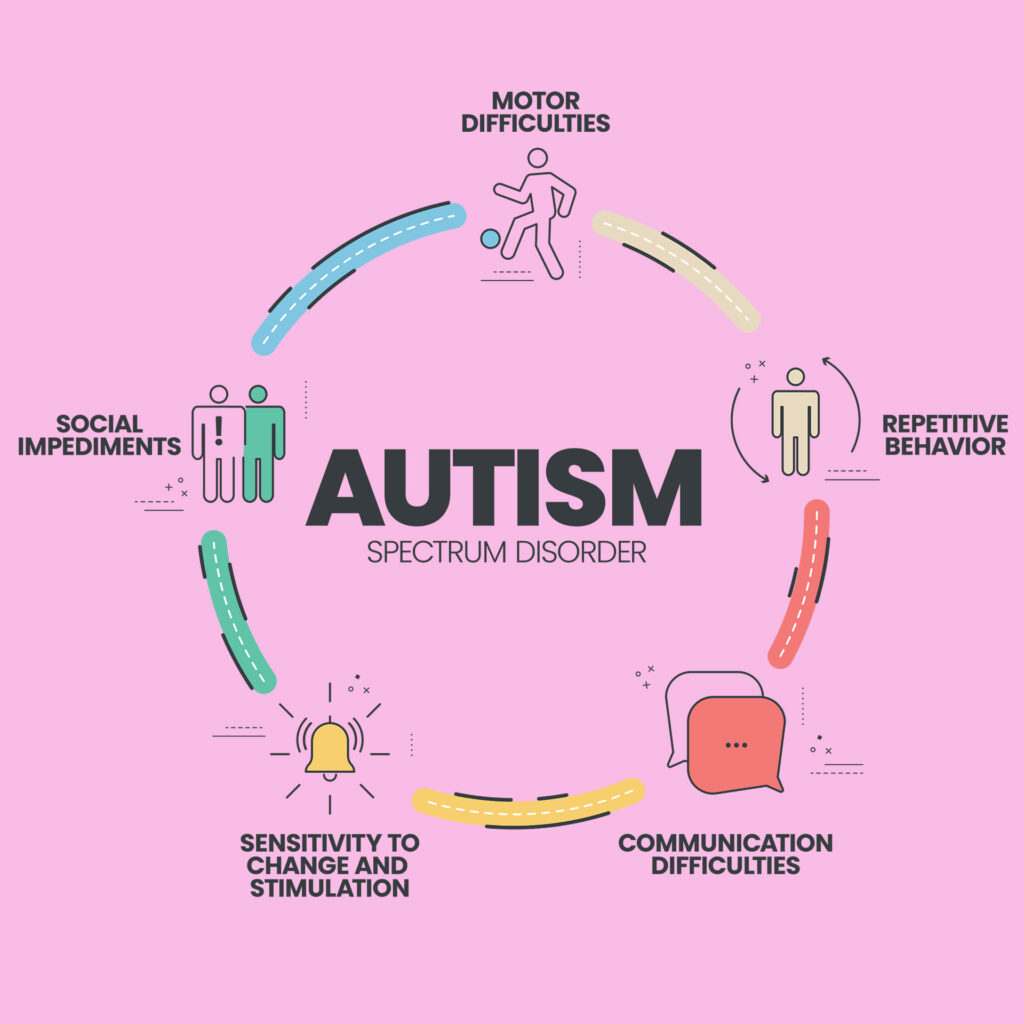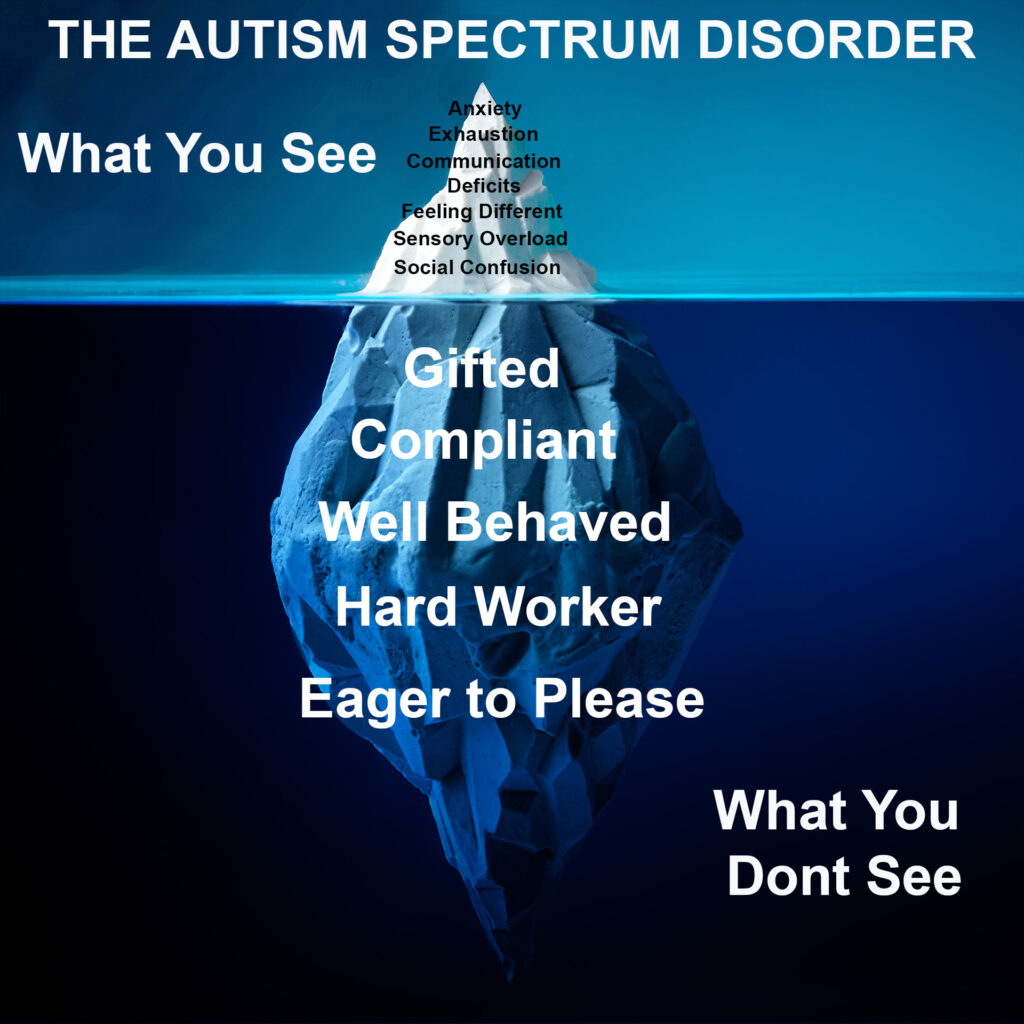Neurodiversity
Autism Spectrum Disorder
Autism spectrum disorder (ASD) is a developmental disability caused by differences in the brain. People with ASD often have problems with social communication, interaction, and restricted or repetitive behaviours or interests.
More Info
ADHD
ADHD is one of the most common neurodevelopmental disorders of childhood. It is usually first diagnosed in childhood and often lasts into adulthood. Children with ADHD may have trouble paying attention, controlling impulsive behaviors (may act without thinking about what the result will be), or be overly active.
More Info
Learning Disabilities
Learning Disabilities refer to a number of disorders which may affect the acquisition, organization, retention, understanding or use of verbal or nonverbal information. These disorders affect learning in individuals who otherwise demonstrate at least average abilities essential for thinking and/or reasoning.
More Info
ADD
ADD (attention deficit disorder) is the term commonly used to describe a neurological condition with symptoms of inattention, distractibility, and poor working memory.
More Info
Giftedness
Children who are gifted are defined as those who demonstrate an advanced ability or potential in one or more specific areas when compared to others of the same age, experience or environment.
More Info
Intellectual Disabilities
Intellectual disability is a term used when there are limits to a person’s ability to learn at an expected level and function in daily life. Levels of intellectual disability vary greatly in children.
More Info
Neurodiversity
Neurodiversity refers to how different brains learn differently. It describes how the brain functions in a unique way. There is no "right" or "wrong" way of thinking, it is just different.
Strength-based Education
A strength-based approach values all students equally and focuses on what the student can do rather than what the student cannot do.
•A strength-based approach empowers the students to build self-confidence, self-esteem, and self-determination and supports continuous learning.
•Strength-based approach values each student's capacity, knowledge, ability, and potential.
•Provides opportunities where students can develop new strengths
Supporting Neurodiverse Students in the Classroom
Create a safe, inclusive environment where all students feel valued, respected, and heard.
•Encourage all students to be themselves and celebrate diversity and differences.
•Implement diverse teaching routines to accommodate the needs of all the students
•Encourage a classroom culture of inclusion and trust.








